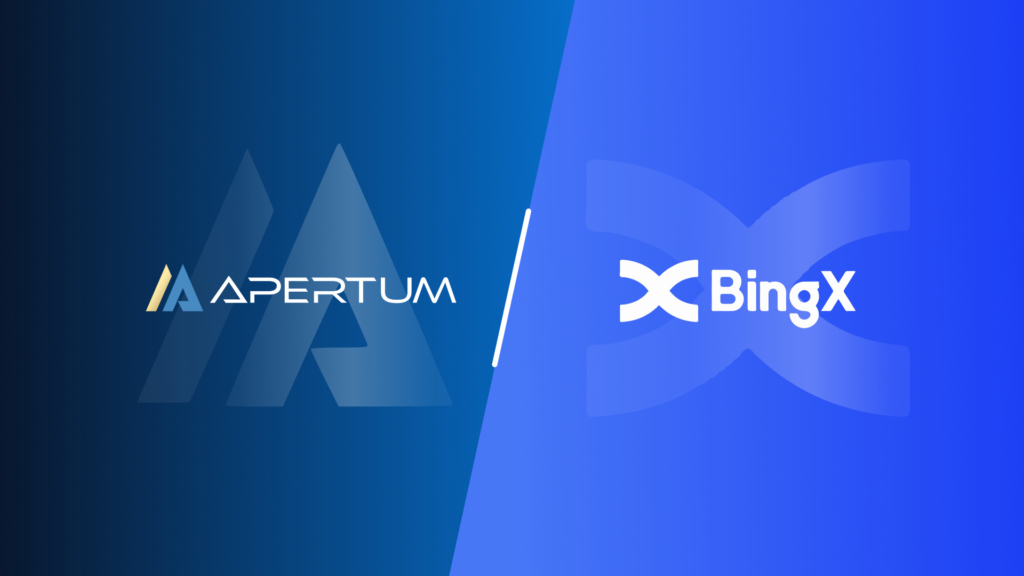Hong Kong’s recent announcement that it plans to open its doors to crypto asset trading and investment has been met with excitement from industry executives.
However, reading the fine print of the regulatory proposals reveals a number of restrictions and hidden catches that investors need to be aware of.
Under a new licensing regime set to take effect on June 1, 2023, all centralized crypto trading platforms in Hong Kong will require licensing from the Securities and Futures Commission (SFC), or risk not being able to market to Hong Kong investors.
This means that anyone looking to trade or invest in crypto assets will need to be aware of the regulations and licensing requirements.
According to Julia Leung, the SFC’s Chief Executive Officer, this move is necessary to ensure investor protection and manage key risks.
In recent years, there have been a number of high-profile collapses of leading crypto trading platforms around the world, highlighting the need for greater regulation in the virtual asset space.
However, the proposed regulations go beyond just licensing. Any tokens listed on a crypto exchange in Hong Kong will need to undergo rigorous checks on their issuers, developers, supply, demand, liquidity, technical aspects of the blockchain, marketing materials, utilities, and legal risks before they can be approved.
Furthermore, there will be an “acceptable index” for “eligible large-cap virtual assets,” and crypto derivatives will be barred.
In addition to these restrictions, licensed crypto exchanges will not be allowed to participate in market-making activities, and will need to have insurance to cover any potential risks.
While Hong Kong’s move to open its doors to crypto asset trading and investment is a positive step for the industry, investors need to be aware of the potential restrictions and requirements that come with it.
As always, it is important to do your research and understand the risks involved before investing in any asset, including crypto.



